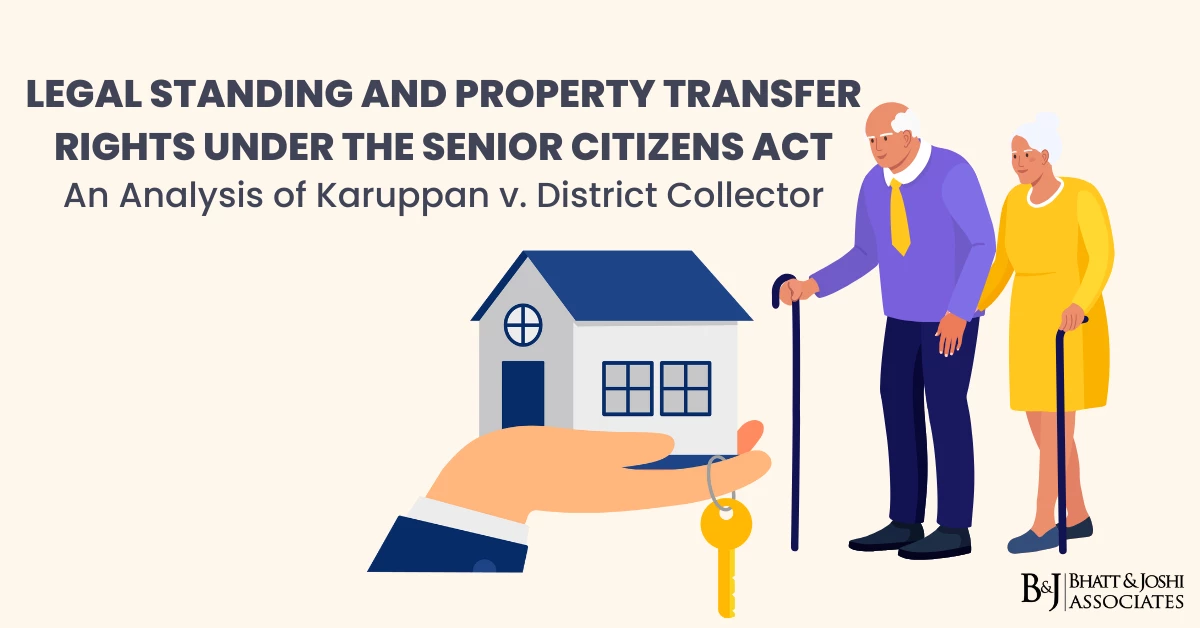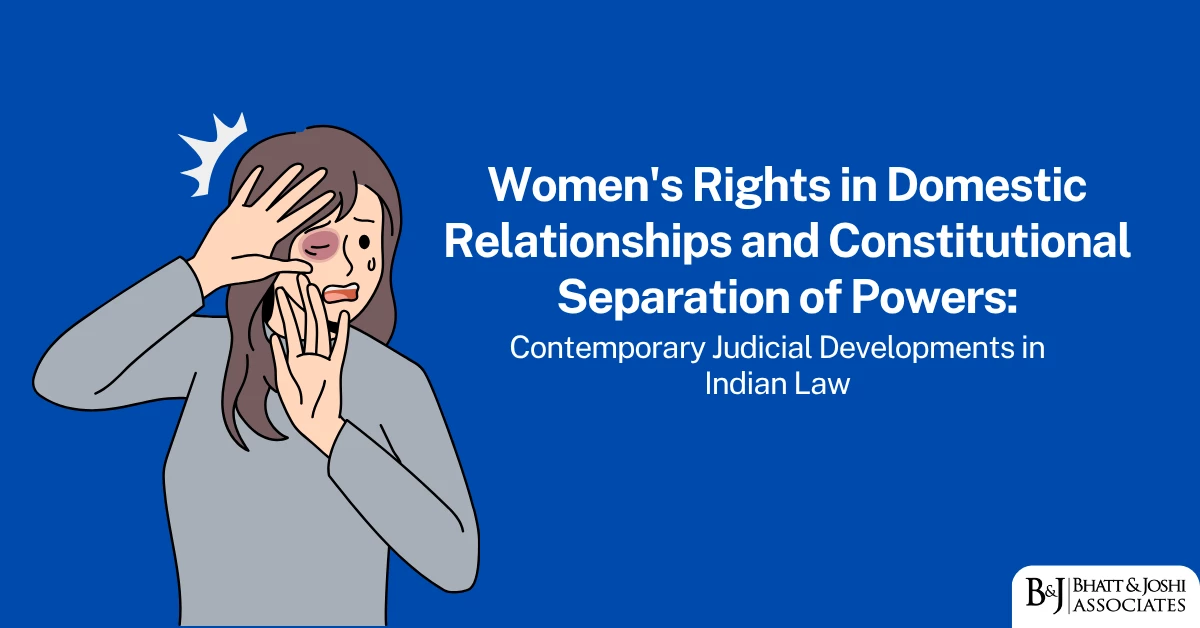Background
The Securitization and Reconstruction of Financial Assets and Enforcement of Security Interest Act, 2002 (SARFAESI Act) is a significant piece of legislation in India that allows banks and other financial institutions to recover their non-performing assets without the intervention of the court. The case of Punjab National Bank versus M/s Mithilanchal Industries Pvt. Ltd. provides a comprehensive understanding of the rights of borrowers and the duties of secured creditors under the SARFAESI Act.

The Rights of Borrowers
Right to Representation
Under Section 13(3A) of the SARFAESI Act, borrowers have the right to submit objections or representations against the notice issued under Section 13(2). In this case, the borrowers exercised this right by submitting their objections against the demand notice issued by the secured creditor.
Right to Challenge the Secured Creditor’s Actions
The borrowers also have the right to challenge the actions of the secured creditor under Section 17 of the SARFAESI Act. In this case, the borrowers approached the Debt Recovery Tribunal, challenging the validity of the notice under Section 13(2) and the subsequent actions taken under Sections 13(4) and 14.
Duties of Secured Creditors
Duty to Provide Detailed Information
Understanding the Duty
Secured creditors are obligated to provide comprehensive information about the amount due by the borrower and the details of the secured assets intended to be enforced. This duty is mandated under Section 13(3) of the SARFAESI Act. It means that
- The secured creditor must provide a clear breakdown of the total amount due. This includes the principal loan amount, the accrued interest, and any other charges or penalties.
- The details of the secured assets that the creditor intends to enforce must be clearly specified. This includes the nature of the asset, its value, and any other relevant details.
The judgement in [Paragraph 41] states, “The action / recourse taken under Section 13(4) by the Secured Creditor would be dependent upon its validity and legally justified action having been taken in the previous sub-sections i.e. sub-sections (1), (2), (3) and (3A). If the procedure prescribed or the requirement provided under the aforesaid sub-sections are not fulfilled by the secured creditor the action/recourse under sub-section (4) of Section 13 would fall.”
In [Paragraph 47] the court observed that, “The appellant Secured Creditor ought to have at the first instance corrected its mistake by issuing a fresh notice providing the details of the amount payable by the Borrower as also correcting the details of the secured assets rather than continuing to challenge it repeatedly before every possible forum and wasting its time.”
Duty to Comply with Statutory Provisions
Understanding the Duty
Secured creditors are required to strictly adhere to the provisions of the SARFAESI Act. Any deviation from the statutory provisions can lead to legal consequences.
What Does This Mean?
The secured creditor must follow the procedures outlined in the SARFAESI Act while enforcing their security interest. This includes issuing a demand notice under Section 13(2), providing the borrower with an opportunity to raise objections under Section 13(3A), and taking possession of the secured assets under Section 13(4).
The secured creditor must also comply with the provisions of other relevant laws.
Failure to Comply
In this case, the Tribunal found that the secured creditor had not complied with the statutory provisions of the SARFAESI Act. Consequently, the Tribunal set aside the demand notice under Section 13(2) and all subsequent proceedings. The secured creditor was directed to restore the possession of the secured assets to the borrower and proceed afresh in accordance with the law.
The judgement in [Paragraph 34] states, “On a plain reading of Section 17, it is seen that the Tribunal has wide powers to restore possession in favour of the borrower, if such action taken under sub-section (4) of Section 13 is declared invalid. Even where the property is sold or dealt with, pending hearing of the application under Section 17, the Tribunal is not rendered powerless to restore possession in favour of the borrower, if such action taken under sub-section (4) of Section 13 is declared invalid.”
Important Questions of Law Involved
The case raised two important questions of law:
- Whether the bank was required to spell out the details of the amount due and the secured assets.
- Whether under Section 17, the Tribunal could examine the validity of the notice under Section 13(2).
The court held that the answer to both questions was ‘YES’. The bank was required to furnish the details, and the Tribunal had the authority to examine the validity of the notice under Section 13(2).
Conclusion
The case of Punjab National Bank versus M/s Mithilanchal Industries Pvt. Ltd. serves as a reminder of the importance of adhering to the provisions of the SARFAESI Act. It underscores the rights of borrowers to challenge the actions of secured creditors and the duty of secured creditors to provide detailed information about the amount payable and the secured assets. The case also highlights the role of the Tribunal in examining the validity of the actions taken by the secured creditors under the SARFAESI Act. The judgement implies that the secured creditor’s actions must be legally justified and in conformity with all relevant laws. Failure to do so could lead to action under Section 17 of the SARFAESI Act.
References:
- Transcore vs. Union of India and another reported in (2006) 5 CTC 753. (Referenced in Paragraph 35)
- Union of India and others vs. Pirthwi Singh and others reported in (2018) 16 SCC 363. (Referenced in Paragraph 49)
- Special Civil Application No.690 of 2019 between Priyesh Agro Industries and others vs. Union Bank of India and others. (Referenced in Paragraph 23)
- Letters Patent Appeal No.422 of 2019 preferred against the judgment of the learned Single Judge dated 17.01.2019. (Referenced in Paragraph 23)











